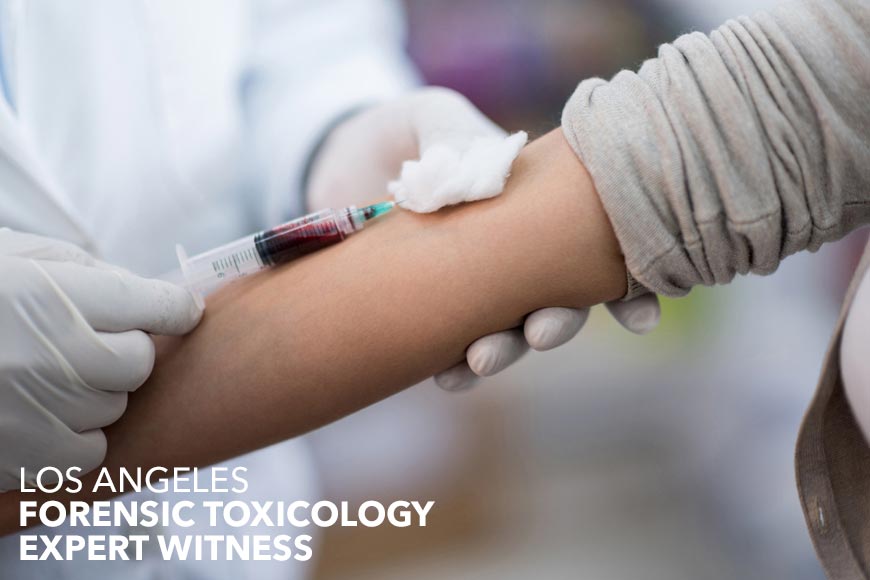The Legalities of Hospital Blood Testing

The legalities behind hospital blood testing have crept their way into the media several times. When a patient arrives at the hospital, there are certain conditions that need to be met in order for their blood to be tested. These conditions may vary from state to state.
In many instances, blood tests are required to be taken for a DUI case. According to Title 17 in California Law, these tests need to be conducted in a hospital environment.
A Recent Case Study of Hospital Blood Testing
Last year, a nurse was arrested in Utah after refusing to allow an officer to take a patient’s blood without a warrant. Body cam footage revealed University Hospital nurse, Alex Wubbels, refused the police officer permission to draw blood from a vehicle accident victim. She did so in a calm manner and explained that, under hospital policy, the blood sample could not be taken as the unconscious victim had neither given consent, nor been arrested.
The cop’s response was to aggressively pull Alex outside and arrest her, placing her in handcuffs. Although detained in a police vehicle for 20 minutes, charges were never filed against Alex. As a result of the incident, the offending officer, Salt Lake City Detective Jeff Payne, was fired from his post. Another officer involved in the incident was demoted.
The video of the incident exploded on the internet, raising everyone’s awareness of the legalities surrounding blood testing and consent.
The Law in California
Law in California is clear with regards to blood testing and the granting of consent. Below are a few points that you should know – especially regarding the instance of a DUI.
Title 17 in California law insists that all DUI blood tests are conducted by a trained medic in a hospital environment, along with other stipulations on how the government is to conduct such tests.
-
The Fourth Amendment
All American citizens are protected under the Fourth Amendment from any unlawful searches and seizures. A warrant needs to be produced for the above and may only be granted upon probable cause.
-
Vehicle Code 13384 – California’s “Implied Consent Law”
If you have a California driving license you have already given consent to the testing of substances if caught drunk driving.
All drivers with a state-issued license are required to submit to written consent to the testing of drug or alcohol if found under lawful arrest for driving under the influence. This can be done via chemical, blood, breath or urine testing. This is known as California’s “implied consent law”.
The Fourth Amendment does slightly influence this law. The Fourth Amendment becomes violated when no warrant is presented when attempting to draw blood from a DUI suspect. There are legal repercussions for refusing to submit – such as the possibility of a fine, imprisonment and the suspension of license.
Although California follows the law of “implied consent”, recent Supreme Court rulings may judge the repercussions for refusing to submit as unconstitutional.
-
The Choice Between a Blood Test or a Breath Test
Any driver arrested for driving under the influence has the choice of a blood test or a breath test. It is the responsibility of the police to communicate this choice to the driver. If neither a blood nor a breath test is available, a urine test may be used.
If the police officer suspects that the driver is under the influence of not only alcohol but drugs as well, and the driver chooses a breath test, a blood sample may be requested to test for the presence of drugs.
-
Exceptions
There are very few exceptions to California’s “implied consent laws” regarding owning a driving license. In fact, even if a person is dead or unconscious, they are still considered to not have withdrawn their consent. People who experience heart conditions and other blood conditions, such as hemophilia, are exceptions to blood testing. In this instance, the individual is required to submit a urine test.
-
Police Communication
The officer conducting the arrest carries the responsibility to communicate that the individual under arrest is not entitled to an attorney before certain procedures are carried out. These procedures include stating whether they will submit to a drug test, determining which test they will take, and during the administration of the test.
Blood testing is highly valuable in forensic toxicology as evidence in the court of law. Understanding your rights as a citizen in California is your responsibility. Your own biological samples could be your greatest witness.




